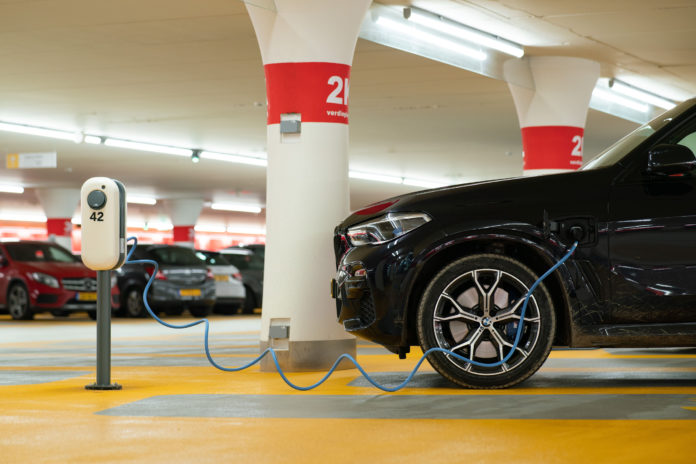Twin Cities leaders are taking steps to get rid of parking spots in Minneapolis and St. Paul for the purpose of showing “climate change resilience.”
According to Axios, a Minneapolis committee voted unanimously to get rid of a requirement for developers to include a certain number of parking spots per apartment unit. The St. Paul Planning Commission is considering a similar measure and held a public hearing regarding the proposal last week.
Minneapolis’ proposed amendments were written to focus on city goals “to reduce greenhouse gas emissions,” explains a document from the Department of Community Planning and Economic Development (CPED).
“Climate change resilience and clean environment through reduction on the reliance of automobiles” is one goal the city cites for erasing parking spots.
“Providing an overabundance of parking incentivizes automobile use at the expense of more efficient and environmentally friendly forms of transportation,” CPED writes in its report.
Proponents of limited parking believe it will result in fewer people owning vehicles and will lower the cost of housing, Axios reported.
St. Paul says its parking minimums have not been updated in a decade, and that the current laws suggest cars “are the only way to get from Point A to Point B.” Reducing the required amount of parking spaces will lower housing costs and lessen carbon emissions, “making walking, biking, and transit more appealing,” St. Paul’s website says.
Eliminating parking requirements would not result in a complete end to developers providing parking, Axios reported. According to the Metropolitan Council, Minneapolis already significantly reduced off-street parking requirements in 2015 for buildings near public transit — after previously requiring at least one off-street parking spot for each unit.
“We know that parking minimums can result in inflated housing costs, particularly for lower income households,” Minneapolis Planning Project Manager Joe Bernard said, according to Axios.
Parking is primarily paid for by owners and renters, whether they use the spaces or not: “This results in inflated housing costs, particularly for lower income households,” CPED’s report says.
Minneapolis city leaders also want to require electric vehicle charging stations for at least 10% of parking spaces in residential, office, and hotel areas. They aim to increase “bicycle parking requirements” as well.
The full Minneapolis City Council will vote on the matter May 14, and the St. Paul Planning Commission is currently collecting public feedback on the issue.


















